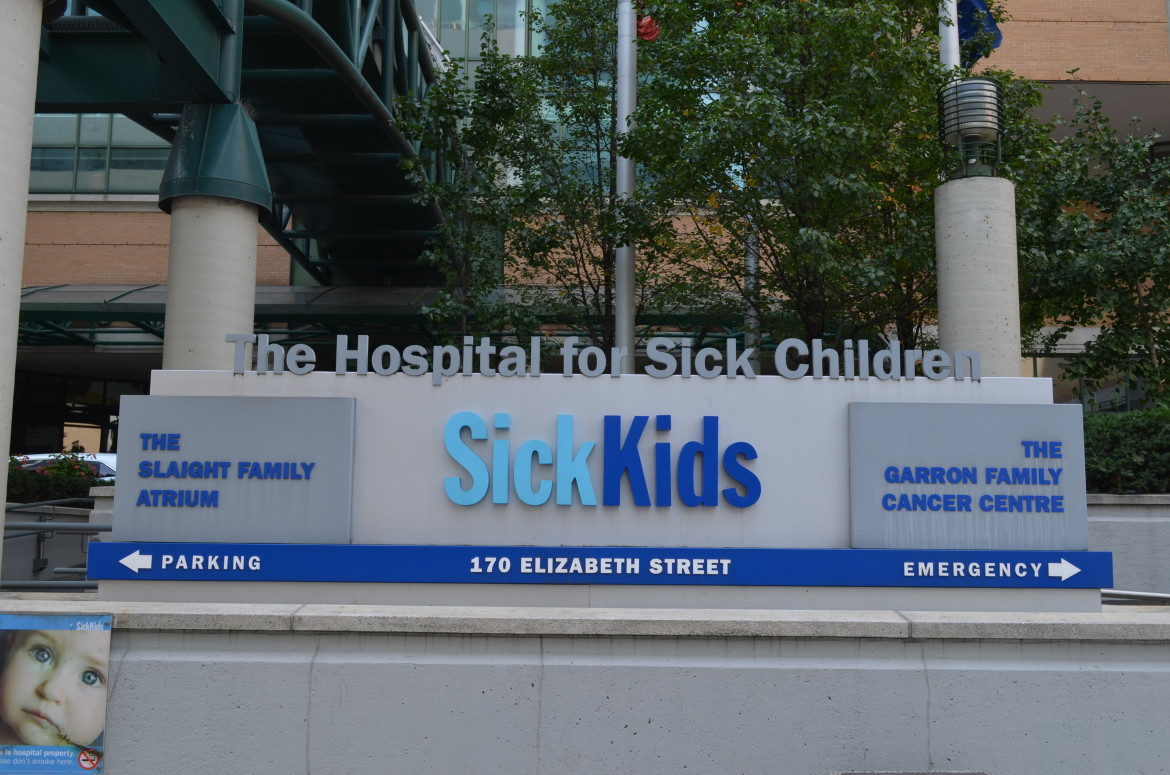Sam Juric
Between 200-300 children are in a state of limbo while their adoptions are put on hold because of a court order by the government of Ontario.
Up to 300 hair-strand drug tests used to determine birth mothers’ drug and alcohol abuse through the Motherisk lab at Toronto’s Hospital for Sick Children have been discovered to be faulty.
The test analyzes the hair of infants to build evidence for thousands of adoption cases processed by the province’s children aid agencies every year.
“As an adoptive parent, I certainly feel for other parents who are caught in limbo. Not knowing would be a horrible spot to be in,” said Justine Kruz, an adoptive mother of three children from Kingston, Ont..
Kruz is well acquainted with the complex affects of Fetal Alcohol Spectrum Disorder (FASD). Kruz’s daughter battles the possible effects of FASD on a daily basis.
“I see how hard adoption is on my kids,” Kruz said, “I think that having accurate information is more important for them.”
“To be told as a teenager that you were adopted because your mom was using drugs, and then to find out a few years later that it wasn’t the case puts the children at risk of further emotional harm,” said Kruz.
Between 2005 and 2015, approximately 9,000 birth mothers tested positive for drugs or alcohol.
The test is one of many factors used to determine whether children should be taken from their birth mother’s and into care, said Pat Convery, Director of the Adoption Council of Ontario.
“Not many kids became crown ward adoptees based solely on a hair analysis,” said Convery.
In a report written by the Ontario Ministry of the Attorney General’s office, two key recommendations have been made to minimize potential harm to affected children and adoptive families, said Convery.
The report’s first recommendation asks that adoptions which have already entered the final stage to be honoured for the wellbeing of the children and prospective families.
“It is potentially harmful for these children, the longer they wait,” said Convery.
The report also recommends that adoptions which were previously classified as “closed adoptions” be switched to the “open adoption” category to allow for contact between adoptees and their birth parents.
“It has to be so hard for that adoptive parent who thinks that this is forever to suddenly have everything put on hold. All due to the point of an error, it’s horrendous,” said Kruz.
“We actually need to put the best interest of the child ahead of everything else,” Kruz said.
The government of Ontario has finalized the details for an independent commission to assist families who have been affected by the flawed testing.
The government of Ontario has set up a 1-800 number to provide prospective families with information.
The Hospital for Sick Children issued an official apology in a statement last October.

